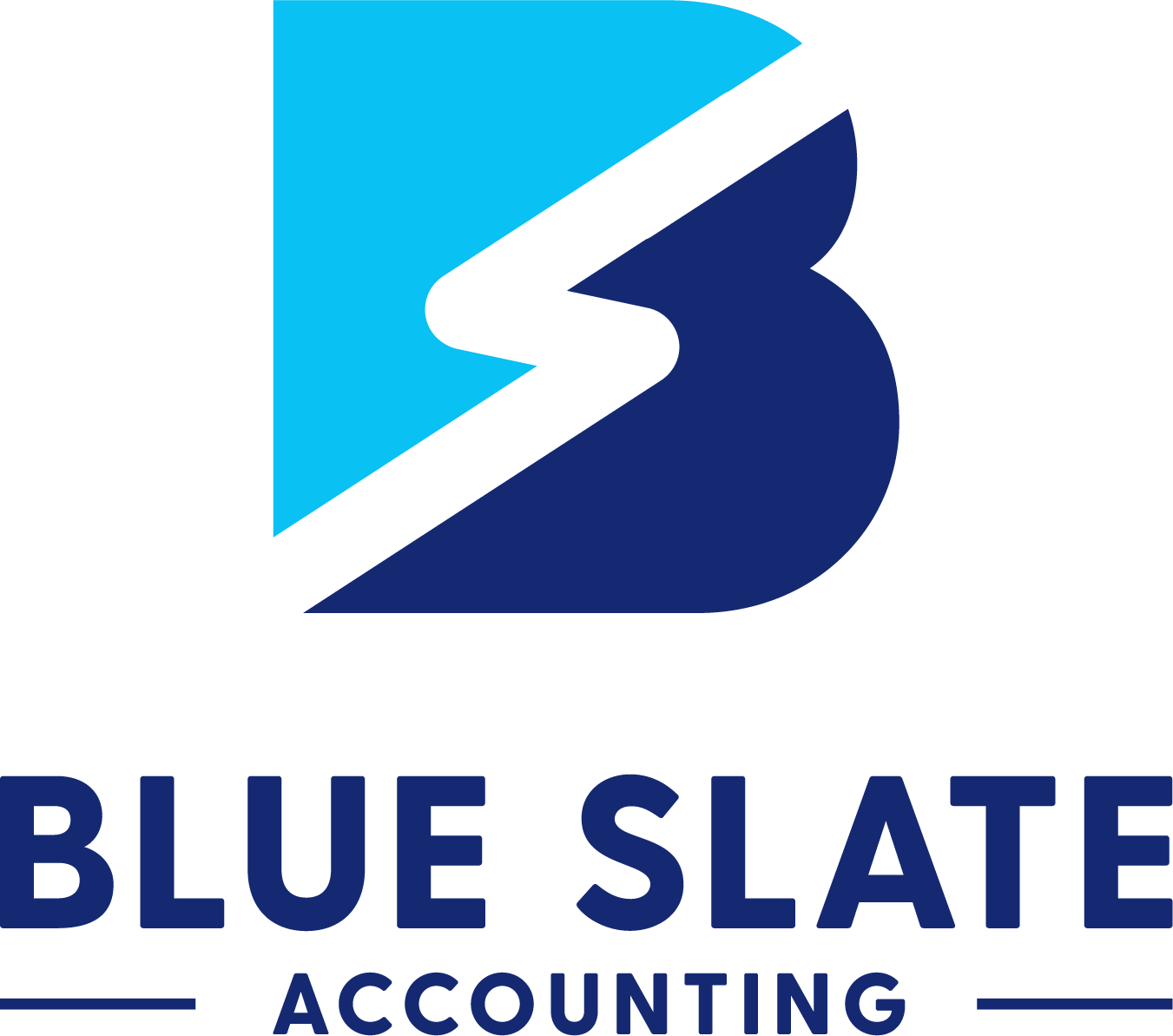Tax Planning Time Is Closing In On 2015
The key to end-of-year tax planning is simple: you have to think about both 2014 and 2015 as you weigh your options. You want to cut your tax bill over both years, not just one. Most filers will save by accelerating write-offs into 2014 and deferring income to 2015.
But what if this year brought a job change and added income? Or, for a small business owner a windfall of sales can significantly impact your tax liability. If you’ll be in a higher bracket next year, consider doing the opposite…accelerating income and delaying your deductions. State and local income taxes are one of the easiest write-offs to manipulate. Mailing your Jan. 2015 estimate in late Dec. allows you to claim the deduction this year.
We all have our favorite charities we support. Use this time to consider an additional contribution to support your favorite cause. You can accelerate contributions planned for 2015 into 2014, but you must charge them or mail the checks by Dec. 31 to ensure a 2014 write-off.
For those planning to contribute to an IRA, based on the type of IRA you fund, be sure to set aside the amount you can contribute before April 15th to receive the maximum deduction allowed. For 2014, the maximum IRA contribution you can make is $5,500 ($6,500 if you are age 50 or older by the end of the year). For self-employed persons, the maximum annual addition to SEPs and Keoghs for 2014 is $52,000.
Although choosing to contribute to a Roth IRA instead of a traditional IRA will not cut your 2014 tax bill— Roth contributions are not deductible— it could be the better choice because all withdrawals from a Roth can be tax-free in retirement. Withdrawals from a traditional IRA are fully taxable in retirement. To contribute the full $5,500 ($6,500 if you are age 50 or older by the end of 2014) to a Roth IRA, you must earn $114,000 or less a year if you are single or $181,000 if you’re married and file a joint return.
If you’ve used a software program to keep your expenses organized during the course of the year, you may be ahead of the game. Especially if you’re a small business owner, deductible receipts and expense categories are important. If you don’t currently use some type of software or are behind, consider a New Year’s resolution to make a change for 2015. It will pay off in the long run.
Taking some time to look at these types of deductions and write offs before the end of the year may save writing a big check to Uncle Sam come next spring . Feel free to contact us directly for these and other tax questions.










Take the first step towards outsourced accounting & tax help!
Contact
(724) 359-5022info@blueslateaccounting.com
Address
642 W. New Castle StZelienople, PA 16063 United States
Privacy Policy | Web Design by Vendilli Digital Group
